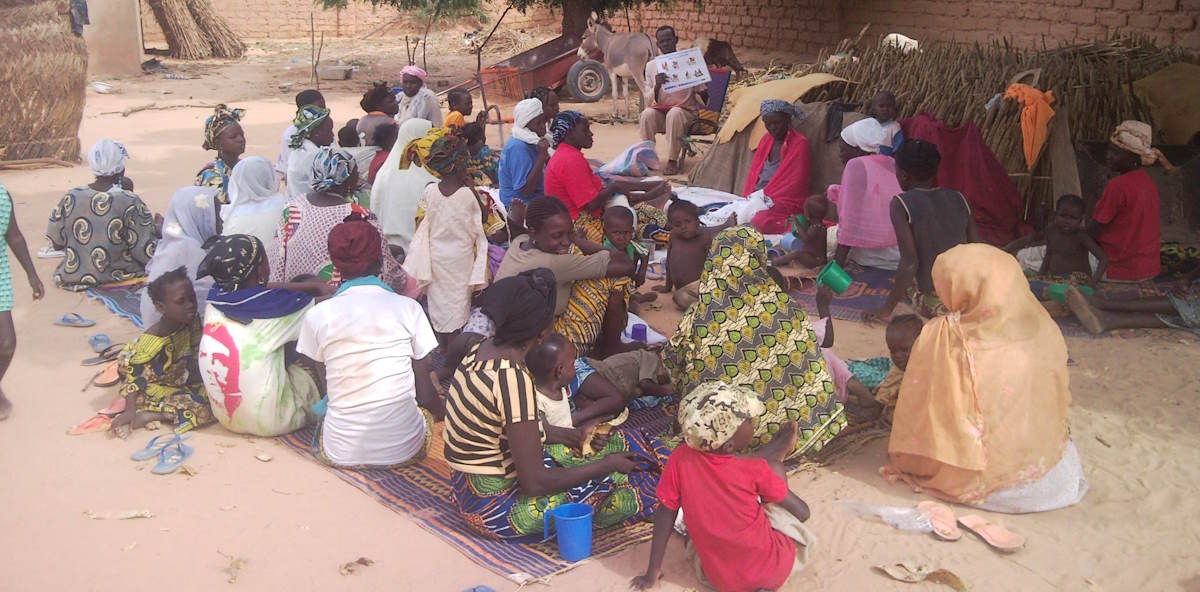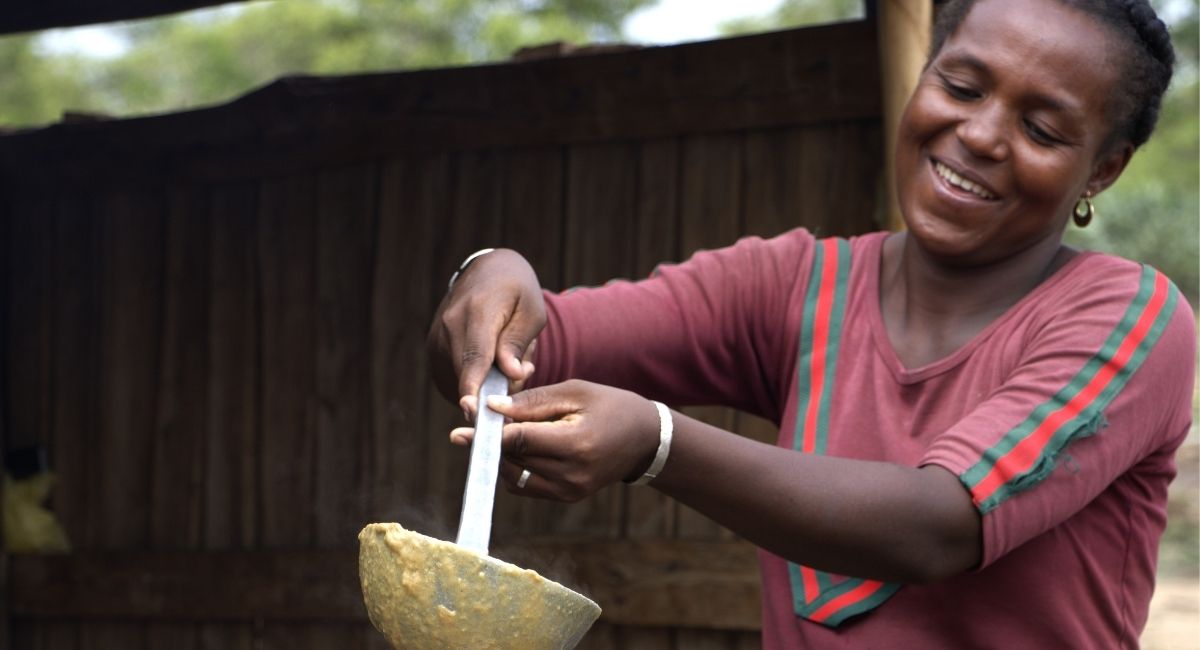How can quality healthcare be made available to all, and particularly to the most vulnerable in society? In this interview, Sophie Biacabe and Elodie Macouillard, “health and social protection” programme managers at GRET, tell us about the specific approach of the organisation in the area of health, and the importance of strengthening health systems.
GRET is not a medical NGO, however it has been working in the area of health for several years. What approach does it take and what is its specificity?
Sophie Biacabe – At GRET, we are not healthcare providers, our teams deliver training and support. GRET’s interventions are primarily aimed at strengthening primary and community health systems. We support the development and implementation of national primary health policies and their roll-out locally, without ever replacing national schemes and systems. We also strengthen the capacities of regional health directorates, in particular around governance. In addition, we conduct promotional and preventive actions regarding health, with various tools such as social and behaviour change campaigns.
Elodie Macouillard – Another of GRET’s specificities is that it addresses health from a territorial angle. Health systems are sectoral and the geographic area covered by a health centre is often different from the administrative division. In our projects, we strive to federate the various stakeholders – including those who are not directly part of the health system – so that they can work together on common issues in a territory to best address populations’ needs.
Why does GRET only work on primary health?
S.B. – Primary healthcare corresponds to the very first level of use of institutional healthcare – higher levels correspond to increasingly specialised healthcare, which is provided in hospitals. We work at the primary level because it is the essential link in the health system. It is also the most efficient. It enables populations to quickly access healthcare for the most common pathologies, thereby preventing complications that require using the higher level, which is more complicated and more expensive. The majority of illnesses are straightforward and can be treated at the first level. However, the quality of healthcare at the primary level depends on the subsequent levels. For example, a woman who needs a caesarean section has to be able to access the next level in good conditions.
E.M. – To ensure this quality at primary level, all the other levels must function in terms notably of access, cost, and support. This is why it is important to strengthen countries’ health systems at all levels. To do this, we often work in consortium with medical NGOs, such as Médecins du Monde, which provide support at central level, for example with the inputs supply chain (medicines, medical material, equipment…). This has been the case in Haiti and Madagascar.
Community health in an important component of the primary health system in terms of promotion and prevention. What does GRET do in this area?
E.M. – In this area, we target sexual and reproductive health, in particular mother and child health. This corresponds to genuine know-how possessed by GRET, in particular at village and communal level, and in rural zones, but not solely. We carry out comprehensive work that consists of supporting and strengthening the skills of community health officers, who are the populations’ first points of contact with the health system. They promote primary health services and conduct preventive actions. In sub-Saharan Africa, these officers work, in principle, on a voluntary basis and are strongly active in their communities.
S.B. – For health promotion and preventive activities, we also draw on other relays such as “matrons” (traditional birth attendants), traditional healers, religious leaders and any other person with influence in their community.
GRET also works in the area of social protection…
E.M. – Yes, we want to improve health insurance, which is a pillar of social protection. For us, it seems important to continue strengthening health systems in countries, while at the same time working to develop universal health coverage. The two go hand in hand, because health insurance can only function if the health system is effective and functional, and people have access to quality healthcare. So, an added-value of GRET is its capacity to work both on strengthening of health systems and on supporting the implementation of universal health coverage.
S.B. – To do this, we draw on all the work carried out by GRET over more than 25 years in Cambodia to develop a solid contributory health insurance system. This already made it possible to extend health coverage to numerous workers in the formal and informal sectors, and we have now set ourselves the objective of achieving universal health coverage by 2030.
Focus on a project
In Niger, maternal and infant mortality indicators are worrying. The rate of maternal mortality is 520 per 100,000 live births and, in 2021, the rate of infant mortality was estimated to be 72%. This situation can be partly explained by the poor quality of available healthcare and inappropriate health and feeding practices, in particular for women and children: childbirths outside of healthcare structures, low level of use of prenatal healthcare, etc.
In this context, GRET is conducting a project to improve access to mother and child healthcare, and sexual and reproductive healthcare at community level in the Filingué health district, in the region of Tillabéry. Located in the south-west of the Niger, this region has one of the highest levels of infant mortality in the country.
The project teams are strengthening the capacities of actors in the community so that they can encourage use of healthcare and adoption of appropriate practices by populations. GRET is also training staff in the district’s health structures, equipping these structures with materiel and providing them with technical support for referencing and management of inputs (medicines, equipment, etc.). It is also providing technical and financial support to the Filingué health district in its governance role.




